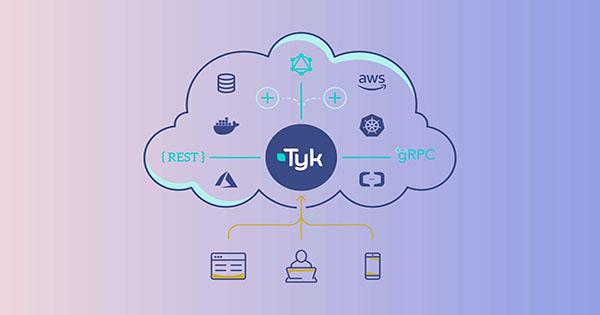APIs are the lubrication that keeps many organizations’ IT systems turning, but as the number and use of APIs grow, tracking how they operate (or don’t work) together can become complicated and possibly dangerous if something goes wrong. Now, a firm that has developed a unique solution to this problem is announcing fundraising after gaining popularity with large corporations that have adopted its strategy. Tyk, which uses GraphQL to allow users to access and manage different internal corporate APIs through a single interface, has raised $35 million in funding, which it will use to hire more people and continue to improve and expand the capabilities it gives to users.
Tyk created the phrase “universal data graph” to describe its method to managing APIs and the data they generate, and its solutions are now used to manage APIs by over 10,000 firms, including significant corporations such as Starbucks, Societe Generale, and Dominoes.
MMC Ventures – its lone previous investor from around in 2019 after bootstrapping for its first five years — also participated in the round, which was led by Scottish Equity Partners. The company is situated in London, but it operates in a distributed manner — one of the co-founders is currently based in New Zealand — and it will hire and grow in accordance with that philosophy. To date, it has raised a little over $40 million.
Tyk (pronounced “tyke,” as in “small/lively youngster”) began as an open-source side project for co-founder Martin Buhr, who is now the company’s CEO, while he was working on other projects, as a “load testing thing,” in his words. He rethought the code and considered how it could be used to regulate APIs as IT shifted toward service-oriented architectures and constructing and using APIs to connect internal apps.
Furthermore, Buhr believed that the API management systems available at the time — some of the prominent names today include Kong, Apigee (now a part of Google), 3scale (now a part of RedHat and therefore IBM), and MuleSoft (now a part of Salesforce) — were not as flexible as his requirements. “So I made my own,” he explained. It was created as an open-source tool, and it was soon adopted by other firms’ engineers. As it grew in popularity, some of the larger companies interested in utilizing it began to wonder why he wasn’t charging for it — a sure sign that there was certainly a business to be formed here, and that if he charged for it, he’d get more respect.
He explained, “So we made the gateway open source, and the administration part went into a licensing arrangement.” And Tyk was created as a company alongside James Hirst, who is now the COO and previously worked with Buhr at a digital firm. Tyk’s unique selling point for customers operating in more complicated situations has been the driving force behind its development.
















